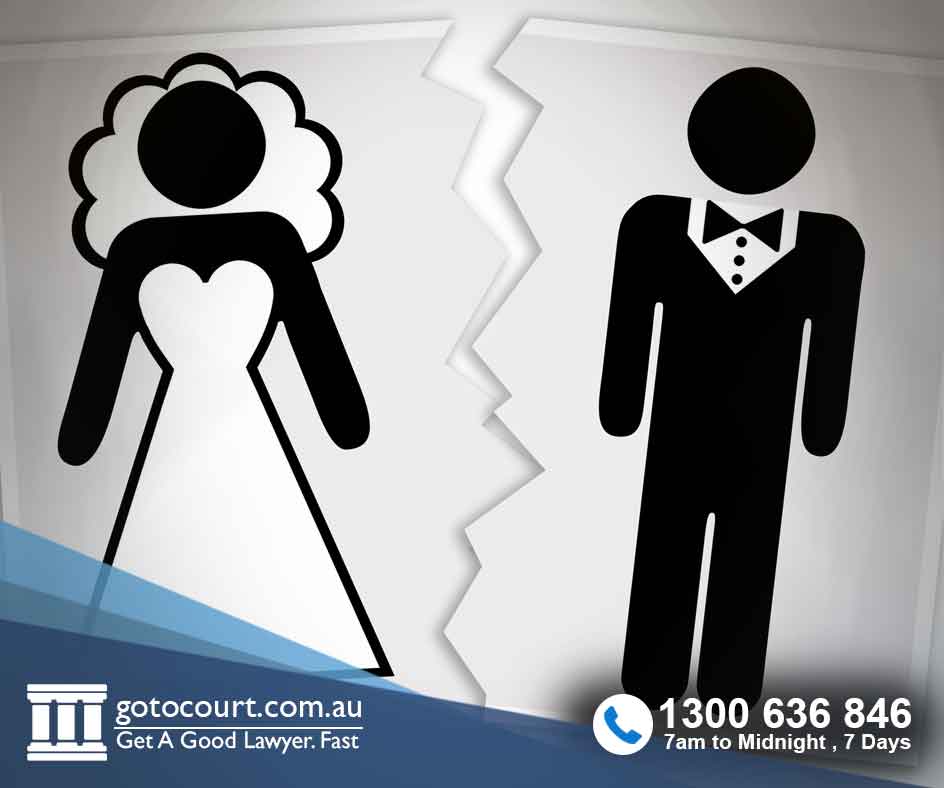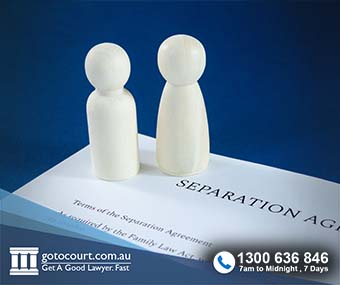What Happens if a Spouse Dies Before the Settlement is Finalised?
What Happens if a Spouse Dies Before the Settlement is Finalised?
After a marriage breaks down, it is vital that the former couple finalise their property settlement as soon as possible. Any shared assets and property should be divided fairly between the spouses, and responsibility for debts should be made clear. In the period of time following separation, but prior to the finalisation of the property settlement, the interests of each party can be affected by a variety of different life events. One of the most challenging situations is when one spouse dies before the settlement is final. In that circumstance, what happens depends on whether the spouse died before or after the application for property settlement is filed. Keep reading to learn what happens if a spouse dies before the divorce is finalised.
What happens if a spouse dies before the property settlement begins?
In Australia, it is only possible to file for a property settlement in the Federal Circuit and Family Court of Australia if both spouses are still alive. If one spouse dies before a formal settlement proceeding begins, the deceased’s property must be distributed according to their will (or intestacy provisions if they do not have a valid will). In that case, the surviving spouse may inherit the bulk of the deceased estate, if the deceased did not change their will after the separation. If the deceased did update their will (or make a new will) after separation, their assets will be distributed according to their wishes. In that case, a former spouse may well miss out on their fair share of the marital property pool if the deceased left these assets to their children or another third party.
When someone loses access to marital assets following the death of their former spouse, they may have a claim on the deceased’s estate. However, contesting a will can be a lengthy and costly process, and may not ultimately be successful. For instance, in 2015, the Supreme Court of Queensland heard the case of Alagiah v Crouch. After 22 years, the couple separated in 2006 and finalised their divorce in 2012. The spouses attempted to negotiate a property settlement after the divorce, but neither party had filed papers with the court. In 2013, the husband died unexpectedly. His deceased estate included assets that the wife claimed were part of the marital asset pool, but under the husband’s will, these assets were not left to his former wife. As no proceeding was filed in court, the wife could not file a claim to recover her share of the marital assets. She did attempt to file a family provision claim against her former husband’s estate, but the court determined that she was not a “dependent former wife” and, therefore, not an eligible person to contest the terms of her former husband’s will. Her application was also outside the statutory time limit.
What happens if a spouse dies during a property settlement proceeding?
Section 79(8) of the Family Law Act 1975 and rule 3.19 of the Family Law Rules 2021 apply if a spouse dies during a property settlement proceeding. If a spouse dies after an application for property settlement has been filed, a legal representative can act in the deceased’s place. The personal representative is usually the executor of the deceased’s estate. However, as noted above, this provision only applies when the court proceeding has already commenced.
The executor will pursue the property division with the aim of recovering the deceased’s share of the matrimonial assets for distribution according to their will. However, the court is likely to make different orders if a spouse has passed away. For one thing, the court does not need to consider the future needs of the deceased spouse.
For instance, a recent decision in the Estate of the Late Carney and Carney [2019] provides insight into the court’s attitude when a party passes away prior to the completion of a family law property settlement. In that case, the couple married in 1989, both bringing children into the relationship. The husband was admitted to a nursing home in 2017, and the following year, the wife brought an application to divide the matrimonial assets. Both the husband and wife were represented during the proceeding by litigation guardians. The husband’s personal representative took over in 2018 when he passed away. The wife had future care costs that exceeded her income, so the primary judge made orders for an adjustment in her favour. The husband’s legal personal representative appealed on the basis that the deceased’s will should be taken into consideration. The Full Court rejected this argument on the grounds that a testator’s intentions do not override the considerations of spousal maintenance and property settlement.
Please do not hesitate to contact the team at Go To Court Lawyers if you have questions about property settlements. Phone 1300 636 846 for any legal advice.

Affordable Lawyers
Our Go To Court Lawyers will assist you in all areas of law. We specialise in providing legal advice urgently – at the time when you need it most. If you need a lawyer right now, today, we can help you – no matter where you are in Australia.How It Works




1. You speak directly to a lawyer
When you call the Go To Court Legal Hotline, you will be connected directly to a lawyer, every time.

2. Get your legal situation assessed
We determine the best way forward in your legal matter, free of charge. If you want to go ahead and book a face-to-face appointment, we will connect you with a specialist in your local area.

3. We arrange everything as needed
If you want to go ahead and book a fact-to-face appointment, we will connect you with a specialist in your local area no matter where you are and even at very short notice.

















